Live streaming on Altcast.TV is now available!
Criminal jewish uber hit-and-run driver worships nigger ball jags owned by pakistani shahid khan!
https://old.bitchute.com/video/P5yr5JVFdjJB/
Criminal hit and run uber driver lays on horn at scene of nigger collision taunts violence with pigs
The Aaron Cohen Life Protection Act imposes a mandatory minimum of four years for a driver convicted of leaving the scene of a crash resulting in a fatality..
http://www.leg.state.fl.us/statutes/index.cfm?App_mode=Display_Statute&Search_String=316.027&URL=0300-0399/0316/Sections/0316.062.html
http://www.leg.state.fl.us/statutes/index.cfm?mode=View%20Statutes&SubMenu=1&App_mode=Display_Statute&Search_String=316.027&URL=0300-0399/0316/Sections/0316.027.html
316.027 Crash involving death or personal injuries.—
(2)(a) The
driver of a vehicle involved in a crash occurring on public or private
property which results in injury to a person other than serious bodily
injury shall immediately stop the vehicle at the scene of the crash, or
as close thereto as possible, and shall remain at the scene of the crash
until he or she has fulfilled the requirements of s. 316.062. A person who willfully violates this paragraph commits a felony of the third degree, punishable as provided in s. 775.082, s. 775.083, or s. 775.084.
(b) The
driver of a vehicle involved in a crash occurring on public or private
property which results in serious bodily injury to a person shall
immediately stop the vehicle at the scene of the crash, or as close
thereto as possible, and shall remain at the scene of the crash until he
or she has fulfilled the requirements of s. 316.062. A person who willfully violates this paragraph commits a felony of the second degree, punishable as provided in s. 775.082, s. 775.083, or s. 775.084.
(c) The
driver of a vehicle involved in a crash occurring on public or private
property which results in the death of a person shall immediately stop
the vehicle at the scene of the crash, or as close thereto as possible,
and shall remain at the scene of the crash until he or she has fulfilled
the requirements of s. 316.062.
A person who is arrested for a violation of this paragraph and who has
previously been convicted of a violation of this section, s. 316.061, s. 316.191, or s. 316.193, or a felony violation of s. 322.34,
shall be held in custody until brought before the court for admittance
to bail in accordance with chapter 903. A person who willfully violates
this paragraph commits a felony of the first degree, punishable as
provided in s. 775.082, s. 775.083, or s. 775.084,
and shall be sentenced to a mandatory minimum term of imprisonment of 4
years. A person who willfully commits such a violation while driving
under the influence as set forth in s. 316.193(1) shall be sentenced to a mandatory minimum term of imprisonment of 4 years.
(d) Notwithstanding s. 775.089(1)(a),
if the driver of a vehicle violates paragraph (a), paragraph (b), or
paragraph (c), the court shall order the driver to make restitution to
the victim for any damage or loss unless the court finds clear and
compelling reasons not to order the restitution. Restitution may be
monetary or nonmonetary restitution. The court shall make the payment of
restitution a condition of probation in accordance with s. 948.03.
An order requiring the defendant to make restitution to a victim does
not remove or diminish the requirement that the court order payment to
the Crimes Compensation Trust Fund under chapter 960. Payment of an
award by the Crimes Compensation Trust Fund creates an order of
restitution to the Crimes Compensation Trust Fund unless specifically
waived in accordance with s. 775.089(1)(b).
(e) A
driver who violates paragraph (a), paragraph (b), or paragraph (c)
shall have his or her driver license revoked for at least 3 years as
provided in s. 322.28(4).
1. A
person convicted of violating paragraph (a), paragraph (b), or
paragraph (c) shall, before his or her driving privilege may be
reinstated, present to the department proof of completion of a victim’s
impact panel session in a judicial circuit if such a panel exists, or if
such a panel does not exist, a department-approved driver improvement
course relating to the rights of vulnerable road users relative to
vehicles on the roadway as provided in s. 322.0261(2).
2. The
department may reinstate an offender’s driving privilege after he or
she satisfies the 3-year revocation period as provided in s. 322.28(4)
and successfully completes either a victim’s impact panel session or a
department-approved driver improvement course relating to the rights of
vulnerable road users relative to vehicles on the roadway as provided in
s. 322.0261(2).
3. For
purposes of this paragraph, an offender’s driving privilege may be
reinstated only after the department verifies that the offender
participated in and successfully completed a victim’s impact panel
session or a department-approved driver improvement course.
(f) For
purposes of sentencing under chapter 921 and determining incentive
gain-time eligibility under chapter 944, an offense listed in this
subsection is ranked one level above the ranking specified in s. 921.0022 or s. 921.0023 for the offense committed if the victim of the offense was a vulnerable road user.
(g) The
defendant may move to depart from the mandatory minimum term of
imprisonment prescribed in paragraph (c) unless the violation was
committed while the defendant was driving under the influence. The state
may object to this departure. The court may grant the motion only if it
finds that a factor, consideration, or circumstance clearly
demonstrates that imposing a mandatory minimum term of imprisonment
would constitute or result in an injustice. The court shall state in
open court the basis for granting the motion.
(3) The
stops shall be made without unnecessarily obstructing traffic, and, if a
damaged vehicle is obstructing traffic, the driver of the vehicle shall
make every reasonable effort to move the vehicle or have it moved so as
not to obstruct the regular flow of traffic. A person who fails to
comply with this subsection shall be cited for a nonmoving violation,
punishable as provided in chapter 318.
(4)(a) In
addition to any other civil, criminal, or administrative penalty
imposed, a person whose commission of a noncriminal traffic infraction
or a violation of this chapter or s. 1006.66
causes or results in the death of another person may be required by the
court to serve 120 community service hours in a trauma center or
hospital that regularly receives victims of vehicle accidents, under the
supervision of a registered nurse, an emergency room physician, or an
emergency medical technician pursuant to a voluntary community service
program operated by the trauma center or hospital.
(b) Notwithstanding
paragraph (a), in addition to any other civil, criminal, or
administrative penalty imposed, a person whose commission of a violation
of s. 316.172(1)(a) or (b) causes or results in serious bodily injury to or death of another person shall be required by the court to:
1. Serve
120 community service hours in a trauma center or hospital that
regularly receives victims of vehicle accidents, under the supervision
of a registered nurse, an emergency room physician, or an emergency
medical technician pursuant to a voluntary community service program
operated by the trauma center or hospital.
2. Participate
in a victim’s impact panel session in a judicial circuit if such a
panel exists, or if such a panel does not exist, attend a
department-approved driver improvement course relating to the rights of
vulnerable road users relative to vehicles on the roadway as provided in
s. 322.0261(2).
(5) This section does not apply to crashes occurring during a motorsports event, as defined in s. 549.10(1), or at a closed-course motorsport facility, as defined in s. 549.09(1).
316.027 Crash involving death or personal injuries.—
(1) As used in this section, the term:
(a) “Serious
bodily injury” means an injury to a person, including the driver, which
consists of a physical condition that creates a substantial risk of
death, serious personal disfigurement, or protracted loss or impairment
of the function of a bodily member or organ.
(b) “Vulnerable road user” means:
1. A
pedestrian, including a person actually engaged in work upon a highway,
or in work upon utility facilities along a highway, or engaged in the
provision of emergency services within the right-of-way;
2. A person operating a bicycle, an electric bicycle, a motorcycle, a scooter, or a moped lawfully on the roadway;
3. A person riding an animal; or
4. A person lawfully operating on a public right-of-way, crosswalk, or shoulder of the roadway:
a. A farm tractor or similar vehicle designed primarily for farm use;
b. A skateboard, roller skates, or in-line skates;
c. A horse-drawn carriage;
d. An electric personal assistive mobility device; or
e. A wheelchair.
(2)(a) The
driver of a vehicle involved in a crash occurring on public or private
property which results in injury to a person other than serious bodily
injury shall immediately stop the vehicle at the scene of the crash, or
as close thereto as possible, and shall remain at the scene of the crash
until he or she has fulfilled the requirements of s. 316.062. A person who willfully violates this paragraph commits a felony of the third degree, punishable as provided in s. 775.082, s. 775.083, or s. 775.084.
(b) The
driver of a vehicle involved in a crash occurring on public or private
property which results in serious bodily injury to a person shall
immediately stop the vehicle at the scene of the crash, or as close
thereto as possible, and shall remain at the scene of the crash until he
or she has fulfilled the requirements of s. 316.062. A person who willfully violates this paragraph commits a felony of the second degree, punishable as provided in s. 775.082, s. 775.083, or s. 775.084.
(c) The
driver of a vehicle involved in a crash occurring on public or private
property which results in the death of a person shall immediately stop
the vehicle at the scene of the crash, or as close thereto as possible,
and shall remain at the scene of the crash until he or she has fulfilled
the requirements of s. 316.062.
A person who is arrested for a violation of this paragraph and who has
previously been convicted of a violation of this section, s. 316.061, s. 316.191, or s. 316.193, or a felony violation of s. 322.34,
shall be held in custody until brought before the court for admittance
to bail in accordance with chapter 903. A person who willfully violates
this paragraph commits a felony of the first degree, punishable as
provided in s. 775.082, s. 775.083, or s. 775.084,
and shall be sentenced to a mandatory minimum term of imprisonment of 4
years. A person who willfully commits such a violation while driving
under the influence as set forth in s. 316.193(1) shall be sentenced to a mandatory minimum term of imprisonment of 4 years.
(d) Notwithstanding s. 775.089(1)(a),
if the driver of a vehicle violates paragraph (a), paragraph (b), or
paragraph (c), the court shall order the driver to make restitution to
the victim for any damage or loss unless the court finds clear and
compelling reasons not to order the restitution. Restitution may be
monetary or nonmonetary restitution. The court shall make the payment of
restitution a condition of probation in accordance with s. 948.03.
An order requiring the defendant to make restitution to a victim does
not remove or diminish the requirement that the court order payment to
the Crimes Compensation Trust Fund under chapter 960. Payment of an
award by the Crimes Compensation Trust Fund creates an order of
restitution to the Crimes Compensation Trust Fund unless specifically
waived in accordance with s. 775.089(1)(b).
(e) A
driver who violates paragraph (a), paragraph (b), or paragraph (c)
shall have his or her driver license revoked for at least 3 years as
provided in s. 322.28(4).
1. A
person convicted of violating paragraph (a), paragraph (b), or
paragraph (c) shall, before his or her driving privilege may be
reinstated, present to the department proof of completion of a victim’s
impact panel session in a judicial circuit if such a panel exists, or if
such a panel does not exist, a department-approved driver improvement
course relating to the rights of vulnerable road users relative to
vehicles on the roadway as provided in s. 322.0261(2).
2. The
department may reinstate an offender’s driving privilege after he or
she satisfies the 3-year revocation period as provided in s. 322.28(4)
and successfully completes either a victim’s impact panel session or a
department-approved driver improvement course relating to the rights of
vulnerable road users relative to vehicles on the roadway as provided in
s. 322.0261(2).
3. For
purposes of this paragraph, an offender’s driving privilege may be
reinstated only after the department verifies that the offender
participated in and successfully completed a victim’s impact panel
session or a department-approved driver improvement course.
(f) For
purposes of sentencing under chapter 921 and determining incentive
gain-time eligibility under chapter 944, an offense listed in this
subsection is ranked one level above the ranking specified in s. 921.0022 or s. 921.0023 for the offense committed if the victim of the offense was a vulnerable road user.
(g) The
defendant may move to depart from the mandatory minimum term of
imprisonment prescribed in paragraph (c) unless the violation was
committed while the defendant was driving under the influence. The state
may object to this departure. The court may grant the motion only if it
finds that a factor, consideration, or circumstance clearly
demonstrates that imposing a mandatory minimum term of imprisonment
would constitute or result in an injustice. The court shall state in
open court the basis for granting the motion.
(3) The
stops shall be made without unnecessarily obstructing traffic, and, if a
damaged vehicle is obstructing traffic, the driver of the vehicle shall
make every reasonable effort to move the vehicle or have it moved so as
not to obstruct the regular flow of traffic. A person who fails to
comply with this subsection shall be cited for a nonmoving violation,
punishable as provided in chapter 318.
(4)(a) In
addition to any other civil, criminal, or administrative penalty
imposed, a person whose commission of a noncriminal traffic infraction
or a violation of this chapter or s. 1006.66
causes or results in the death of another person may be required by the
court to serve 120 community service hours in a trauma center or
hospital that regularly receives victims of vehicle accidents, under the
supervision of a registered nurse, an emergency room physician, or an
emergency medical technician pursuant to a voluntary community service
program operated by the trauma center or hospital.
(b) Notwithstanding
paragraph (a), in addition to any other civil, criminal, or
administrative penalty imposed, a person whose commission of a violation
of s. 316.172(1)(a) or (b) causes or results in serious bodily injury to or death of another person shall be required by the court to:
1. Serve
120 community service hours in a trauma center or hospital that
regularly receives victims of vehicle accidents, under the supervision
of a registered nurse, an emergency room physician, or an emergency
medical technician pursuant to a voluntary community service program
operated by the trauma center or hospital.
2. Participate
in a victim’s impact panel session in a judicial circuit if such a
panel exists, or if such a panel does not exist, attend a
department-approved driver improvement course relating to the rights of
vulnerable road users relative to vehicles on the roadway as provided in
s. 322.0261(2).
(5) This section does not apply to crashes occurring during a motorsports event, as defined in s. 549.10(1), or at a closed-course motorsport facility, as defined in s. 549.09(1).
316.027 Crash involving death or personal injuries.—
(1) As used in this section, the term:
(a) “Serious
bodily injury” means an injury to a person, including the driver, which
consists of a physical condition that creates a substantial risk of
death, serious personal disfigurement, or protracted loss or impairment
of the function of a bodily member or organ.
(b) “Vulnerable road user” means:
1. A
pedestrian, including a person actually engaged in work upon a highway,
or in work upon utility facilities along a highway, or engaged in the
provision of emergency services within the right-of-way;
2. A person operating a bicycle, an electric bicycle, a motorcycle, a scooter, or a moped lawfully on the roadway;
3. A person riding an animal; or
4. A person lawfully operating on a public right-of-way, crosswalk, or shoulder of the roadway:
a. A farm tractor or similar vehicle designed primarily for farm use;
b. A skateboard, roller skates, or in-line skates;
c. A horse-drawn carriage;
d. An electric personal assistive mobility device; or
e. A wheelchair.
(2)(a) The
driver of a vehicle involved in a crash occurring on public or private
property which results in injury to a person other than serious bodily
injury shall immediately stop the vehicle at the scene of the crash, or
as close thereto as possible, and shall remain at the scene of the crash
until he or she has fulfilled the requirements of s. 316.062. A person who willfully violates this paragraph commits a felony of the third degree, punishable as provided in s. 775.082, s. 775.083, or s. 775.084.
(b) The
driver of a vehicle involved in a crash occurring on public or private
property which results in serious bodily injury to a person shall
immediately stop the vehicle at the scene of the crash, or as close
thereto as possible, and shall remain at the scene of the crash until he
or she has fulfilled the requirements of s. 316.062. A person who willfully violates this paragraph commits a felony of the second degree, punishable as provided in s. 775.082, s. 775.083, or s. 775.084.
(c) The
driver of a vehicle involved in a crash occurring on public or private
property which results in the death of a person shall immediately stop
the vehicle at the scene of the crash, or as close thereto as possible,
and shall remain at the scene of the crash until he or she has fulfilled
the requirements of s. 316.062.
A person who is arrested for a violation of this paragraph and who has
previously been convicted of a violation of this section, s. 316.061, s. 316.191, or s. 316.193, or a felony violation of s. 322.34,
shall be held in custody until brought before the court for admittance
to bail in accordance with chapter 903. A person who willfully violates
this paragraph commits a felony of the first degree, punishable as
provided in s. 775.082, s. 775.083, or s. 775.084,
and shall be sentenced to a mandatory minimum term of imprisonment of 4
years. A person who willfully commits such a violation while driving
under the influence as set forth in s. 316.193(1) shall be sentenced to a mandatory minimum term of imprisonment of 4 years.
(d) Notwithstanding s. 775.089(1)(a),
if the driver of a vehicle violates paragraph (a), paragraph (b), or
paragraph (c), the court shall order the driver to make restitution to
the victim for any damage or loss unless the court finds clear and
compelling reasons not to order the restitution. Restitution may be
monetary or nonmonetary restitution. The court shall make the payment of
restitution a condition of probation in accordance with s. 948.03.
An order requiring the defendant to make restitution to a victim does
not remove or diminish the requirement that the court order payment to
the Crimes Compensation Trust Fund under chapter 960. Payment of an
award by the Crimes Compensation Trust Fund creates an order of
restitution to the Crimes Compensation Trust Fund unless specifically
waived in accordance with s. 775.089(1)(b).
(e) A
driver who violates paragraph (a), paragraph (b), or paragraph (c)
shall have his or her driver license revoked for at least 3 years as
provided in s. 322.28(4).
1. A
person convicted of violating paragraph (a), paragraph (b), or
paragraph (c) shall, before his or her driving privilege may be
reinstated, present to the department proof of completion of a victim’s
impact panel session in a judicial circuit if such a panel exists, or if
such a panel does not exist, a department-approved driver improvement
course relating to the rights of vulnerable road users relative to
vehicles on the roadway as provided in s. 322.0261(2).
2. The
department may reinstate an offender’s driving privilege after he or
she satisfies the 3-year revocation period as provided in s. 322.28(4)
and successfully completes either a victim’s impact panel session or a
department-approved driver improvement course relating to the rights of
vulnerable road users relative to vehicles on the roadway as provided in
s. 322.0261(2).
3. For
purposes of this paragraph, an offender’s driving privilege may be
reinstated only after the department verifies that the offender
participated in and successfully completed a victim’s impact panel
session or a department-approved driver improvement course.
(f) For
purposes of sentencing under chapter 921 and determining incentive
gain-time eligibility under chapter 944, an offense listed in this
subsection is ranked one level above the ranking specified in s. 921.0022 or s. 921.0023 for the offense committed if the victim of the offense was a vulnerable road user.
(g) The
defendant may move to depart from the mandatory minimum term of
imprisonment prescribed in paragraph (c) unless the violation was
committed while the defendant was driving under the influence. The state
may object to this departure. The court may grant the motion only if it
finds that a factor, consideration, or circumstance clearly
demonstrates that imposing a mandatory minimum term of imprisonment
would constitute or result in an injustice. The court shall state in
open court the basis for granting the motion.
(3) The
stops shall be made without unnecessarily obstructing traffic, and, if a
damaged vehicle is obstructing traffic, the driver of the vehicle shall
make every reasonable effort to move the vehicle or have it moved so as
not to obstruct the regular flow of traffic. A person who fails to
comply with this subsection shall be cited for a nonmoving violation,
punishable as provided in chapter 318.
(4)(a) In
addition to any other civil, criminal, or administrative penalty
imposed, a person whose commission of a noncriminal traffic infraction
or a violation of this chapter or s. 1006.66
causes or results in the death of another person may be required by the
court to serve 120 community service hours in a trauma center or
hospital that regularly receives victims of vehicle accidents, under the
supervision of a registered nurse, an emergency room physician, or an
emergency medical technician pursuant to a voluntary community service
program operated by the trauma center or hospital.
(b) Notwithstanding
paragraph (a), in addition to any other civil, criminal, or
administrative penalty imposed, a person whose commission of a violation
of s. 316.172(1)(a) or (b) causes or results in serious bodily injury to or death of another person shall be required by the court to:
1. Serve
120 community service hours in a trauma center or hospital that
regularly receives victims of vehicle accidents, under the supervision
of a registered nurse, an emergency room physician, or an emergency
medical technician pursuant to a voluntary community service program
operated by the trauma center or hospital.
2. Participate
in a victim’s impact panel session in a judicial circuit if such a
panel exists, or if such a panel does not exist, attend a
department-approved driver improvement course relating to the rights of
vulnerable road users relative to vehicles on the roadway as provided in
s. 322.0261(2).

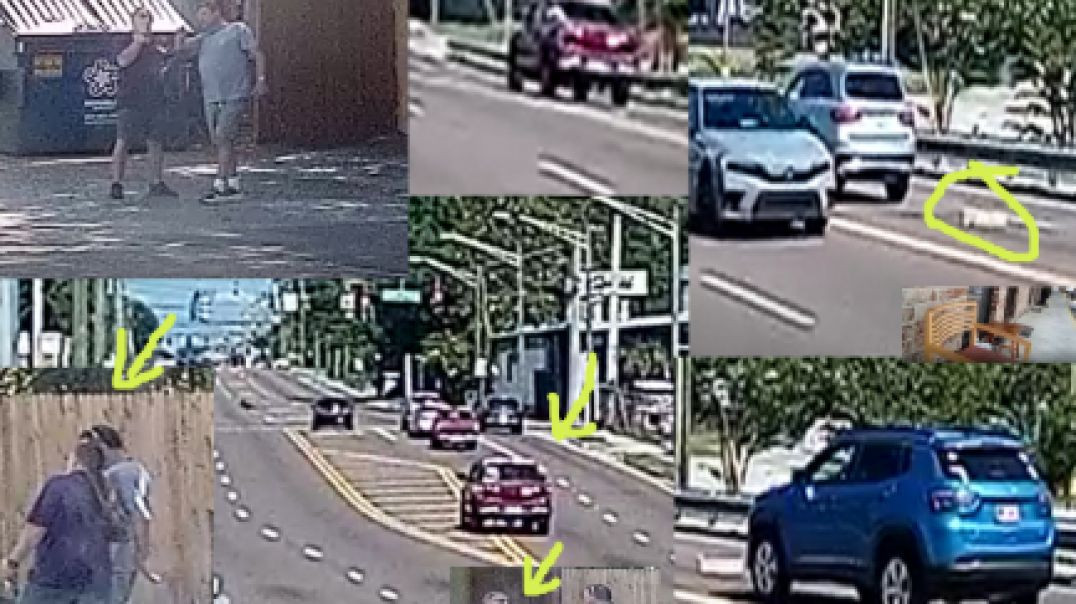
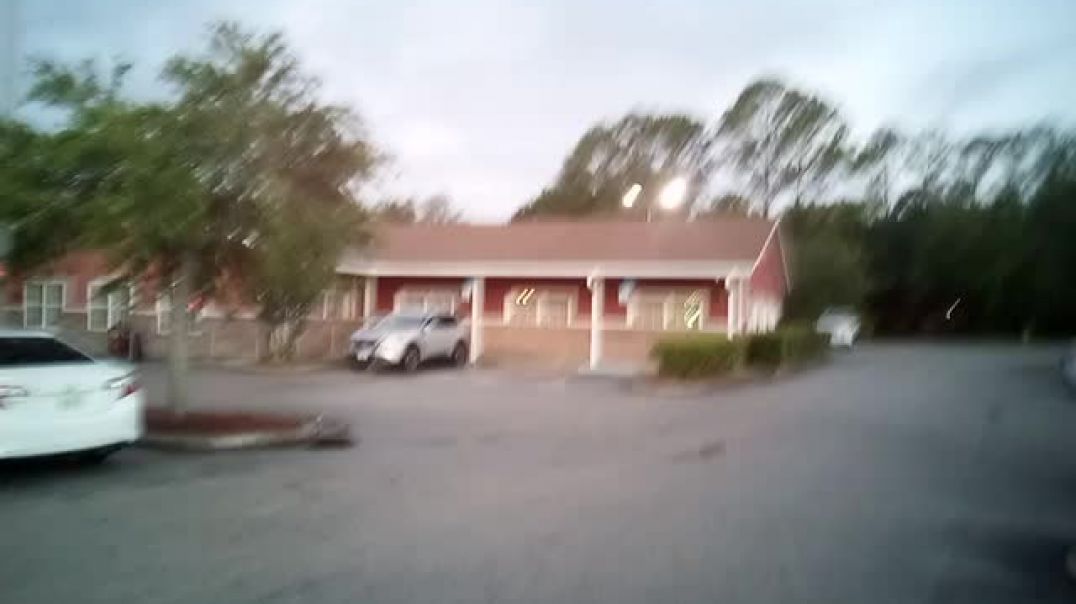
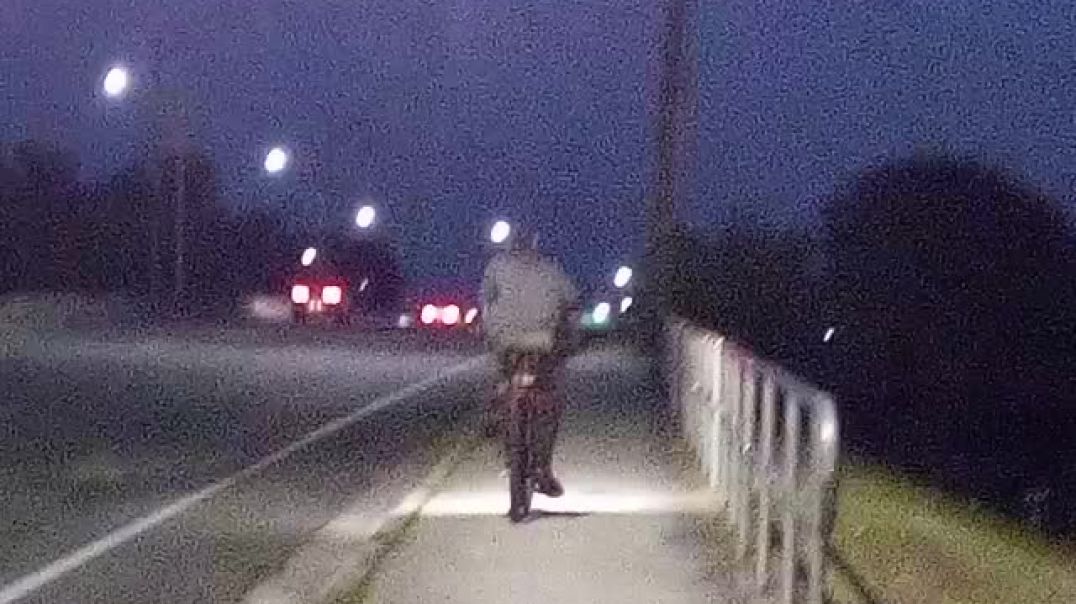

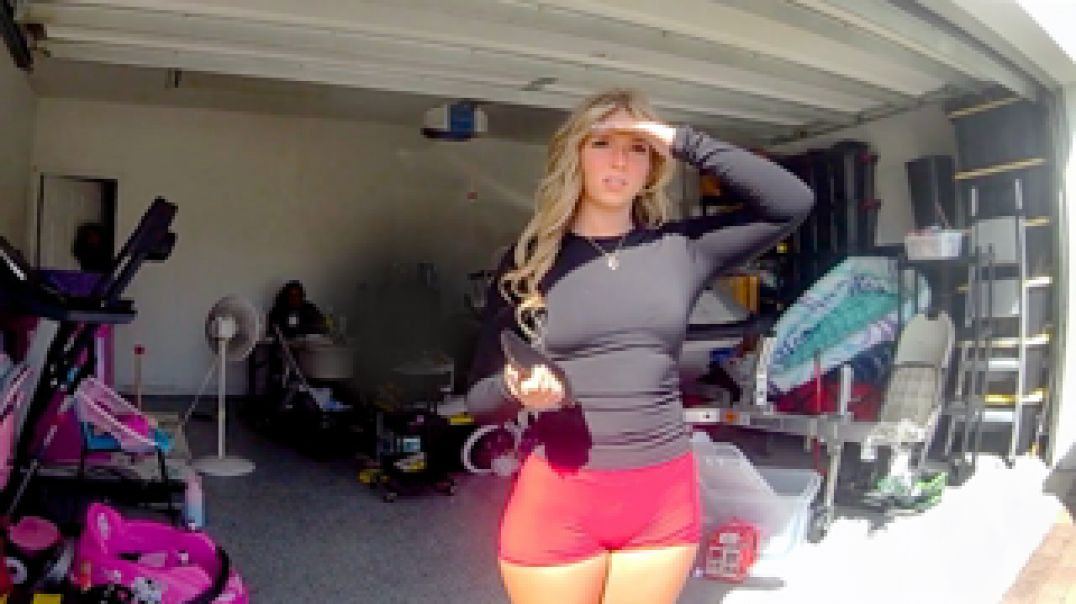

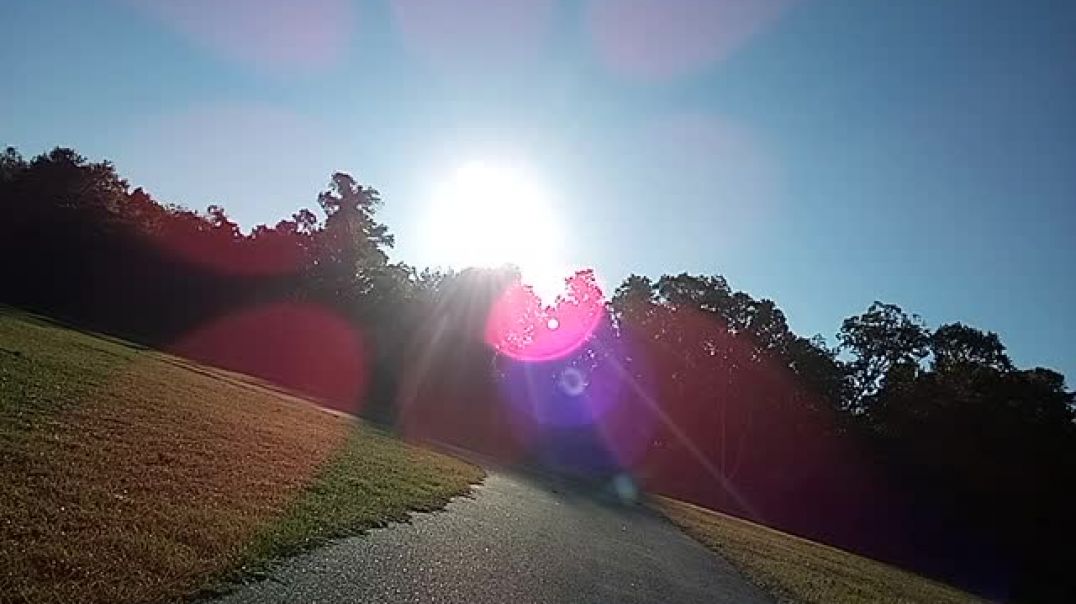

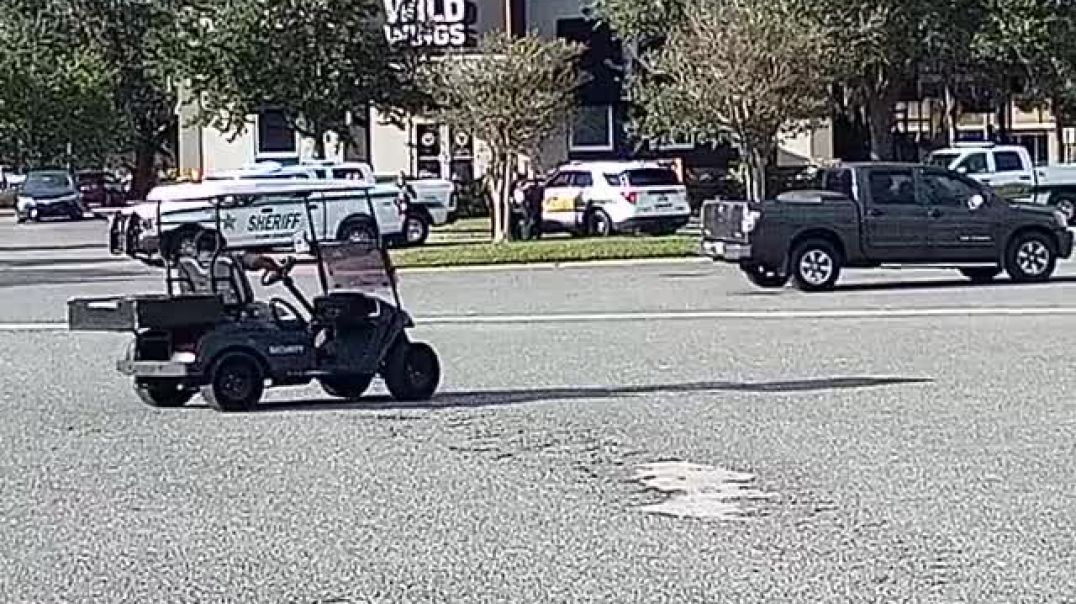
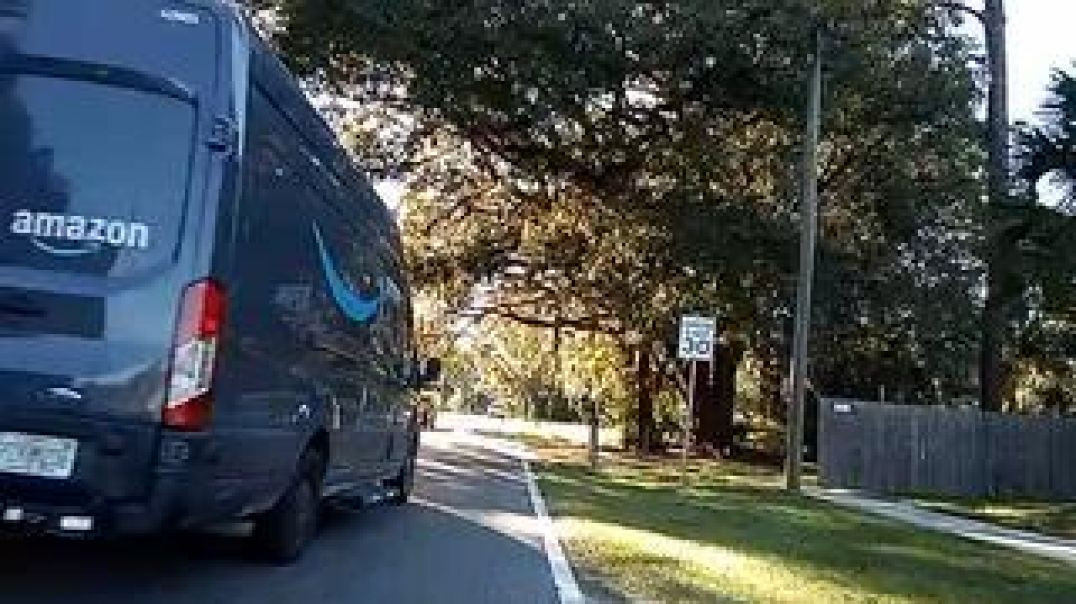
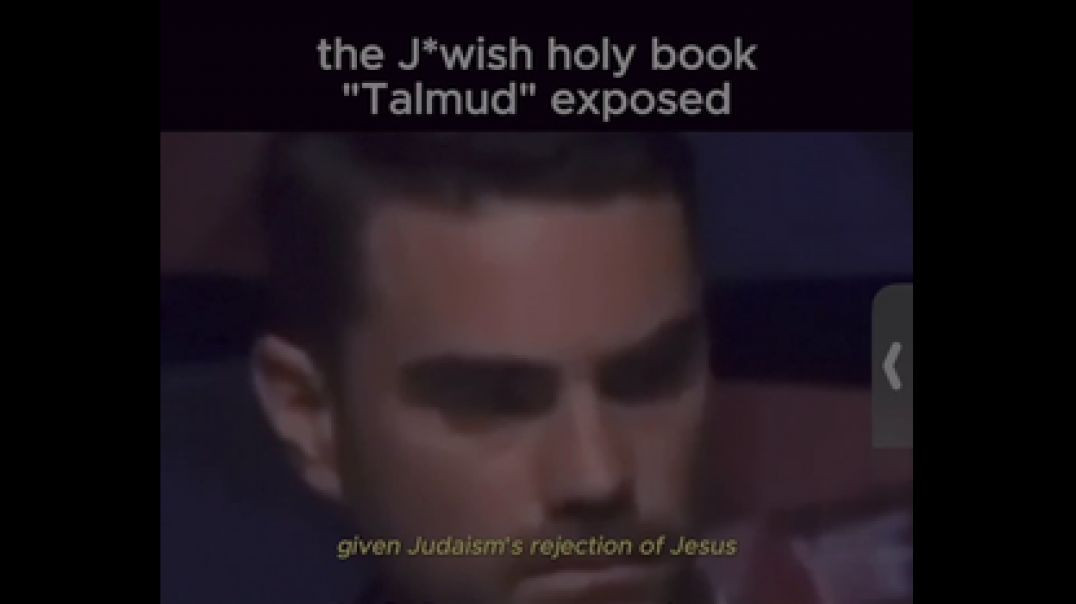
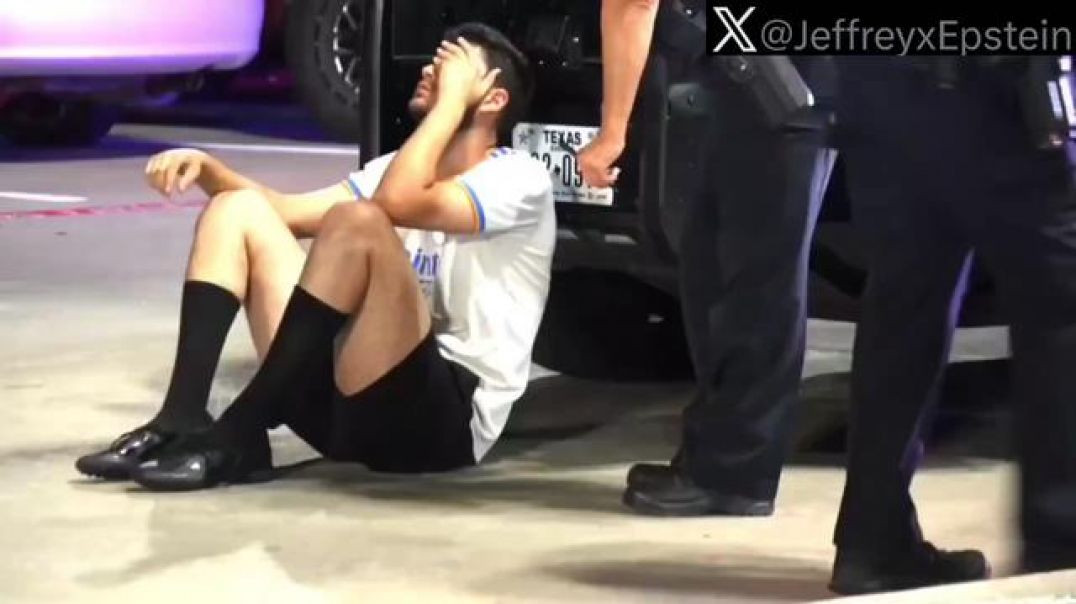
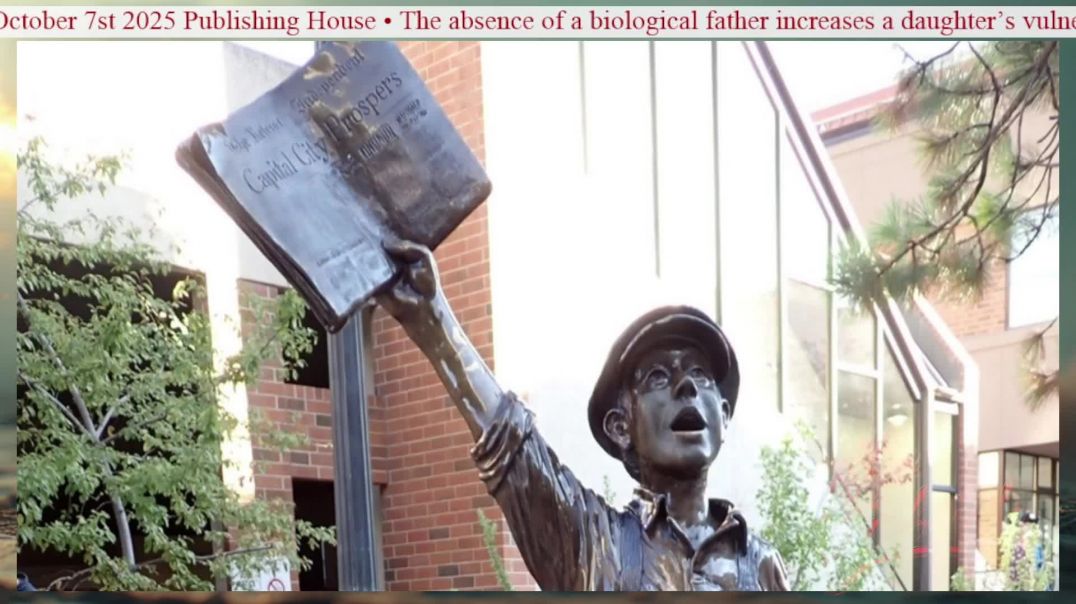

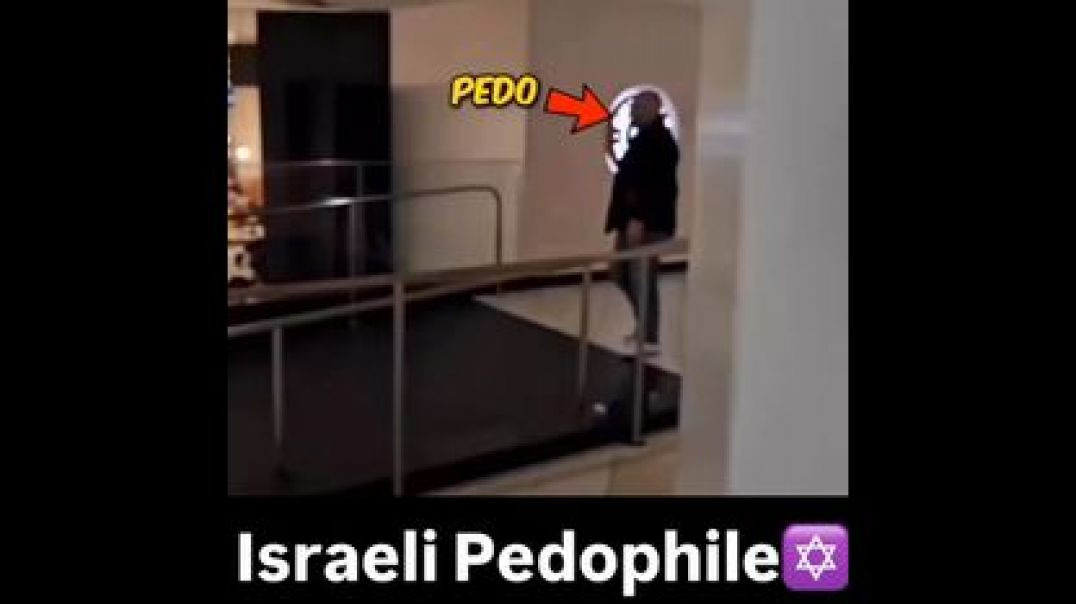




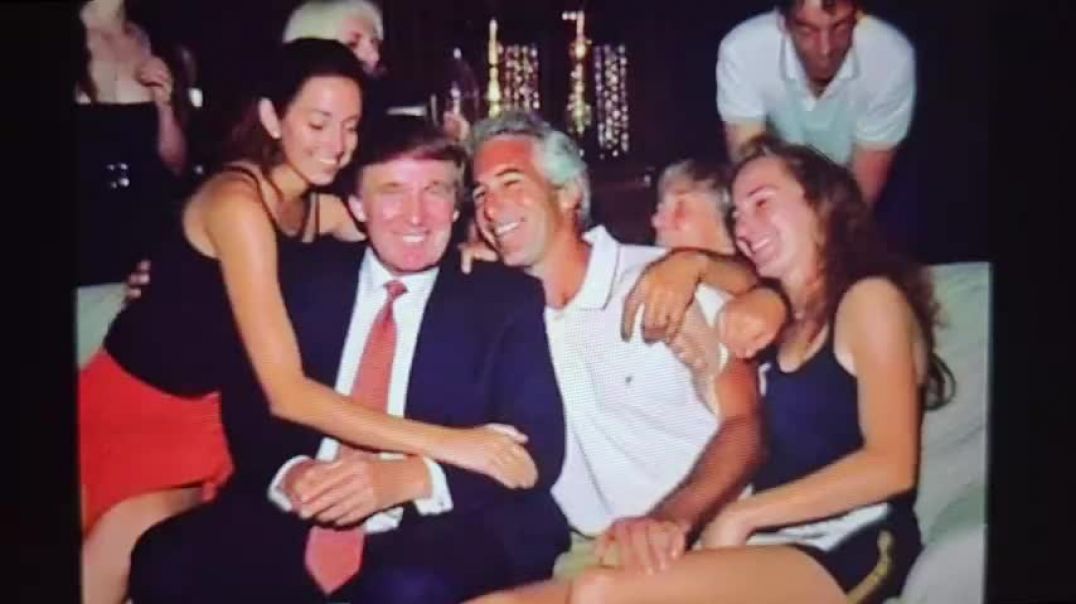

https://old.bitchute.com/video/AC7fgGU1Hn8U/
Ukraine Invader doordash - Criminal fakes uber driver to easily rape PASSENGERS in the United States
Video now available at
https://files.catbox.moe/jgfbrn.mp4
https://altcast.tv/watch/crimi....nal-jewish-uber-hit-
https://old.bitchute.com/video/Eee2TwzEWImy/
https://ugetube.com/watch/crim....inal-jewish-jacksonv
More active criminals now at https://odysee.com/@publish:6/crime